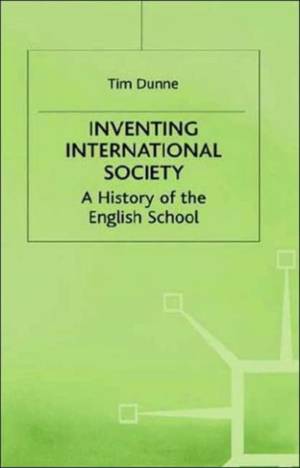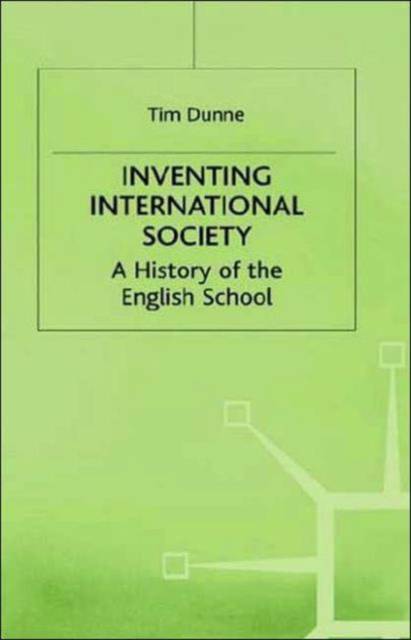
- Afhalen na 1 uur in een winkel met voorraad
- Gratis thuislevering in België vanaf € 30
- Ruim aanbod met 7 miljoen producten
- Afhalen na 1 uur in een winkel met voorraad
- Gratis thuislevering in België vanaf € 30
- Ruim aanbod met 7 miljoen producten
Zoeken
€ 167,95
+ 335 punten
Uitvoering
Omschrijving
Inventing International Society is a narrative history of the English School of International Relations. After E.H. Carr departed from academic international relations in the late 1940s, Martin Wight became the most theoretically innovative scholar in the discipline. Wight found an institutional setting for his ideas in The British Committee, a group which Herbert Butterfield inaugurated in 1959. The book argues that this date should be regarded as the origin of a distinctive English School of International Relations. In addition to tracing the history of the School, the book argues that later English School scholars, such as Hedley Bull and R.J.Vincent, made a significant contribution to the new normative thinking in International Relations.
Specificaties
Betrokkenen
- Auteur(s):
- Uitgeverij:
Inhoud
- Aantal bladzijden:
- 207
- Taal:
- Engels
- Reeks:
Eigenschappen
- Productcode (EAN):
- 9780312215453
- Verschijningsdatum:
- 11/11/1998
- Uitvoering:
- Hardcover
- Formaat:
- Genaaid
- Afmetingen:
- 146 mm x 224 mm
- Gewicht:
- 394 g

Alleen bij Standaard Boekhandel
+ 335 punten op je klantenkaart van Standaard Boekhandel
Beoordelingen
We publiceren alleen reviews die voldoen aan de voorwaarden voor reviews. Bekijk onze voorwaarden voor reviews.








